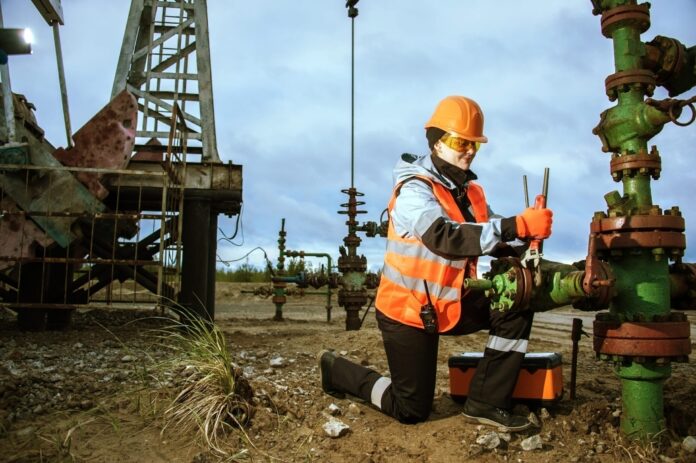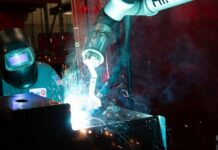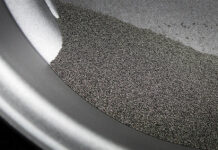An oilfield is a portion of land or sea that has large layers of mineral oil in large enough quantities that encourage commercial mining. With the development of petroleum products such as coal, kerosene, and natural gas, the oil industry gained exposure. The heightened use of petroleum products increased its value, making it a lucrative business.
Why Maintain a Productive Oilfield?
With so much competition in the petroleum industry, maintaining productivity at optimal levels becomes necessary for oil companies to remain relevant. When productivity drops because the reservoir’s natural drive energy is insufficient to force the oil to the surface, artificial lift systems are used to recover greater output. This allows gas to be transferred directly through tubes and straight into the storage containers. A decline in oil production often results in losses for companies; therefore, it becomes necessary to remain productive. Below is some importance of maintaining a productive oilfield.
Revenue Generation

Crude oil production in the world is the largest source of revenue for the majority of the largest countries in the world. Despite claims that oil exploration would be a temporary option, at the moment dependency on oil is at an all-time high despite efforts to secure alternative energy sources. If the oil market crashes, economies will fall, industries will collapse, and industrial development around the whole world will grind to a pause. With all these in view, keeping an oilfield productive is a great advantage.
Environmental Safety
Environmental safety is an important part when maintaining an oilfield. Oil spills are a constant concern in oilfields, with many major oil spills occurring in the past. Keeping the oilfield productive involves taking necessary precautions to protect the lives of not only workers but also ecological life in the area. When an oilfield is high-yielding, it also helps to prevent losses resulting from wastage, destruction of properties, and possible lawsuits.
Reduced Maintenance Cost
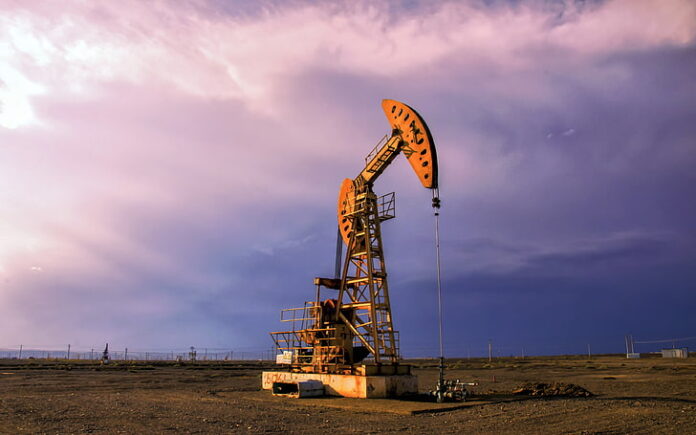
When the pipes and some drilling equipment are not in constant use, they get clogged and damaged. Fixing them up to restart production after a while costs more money than constantly using them and just conducting regular maintenance checks.
Optimizing an Oilfield for Productivity
Setting up an oil field can be an enormous logistical challenge, and it might be risky if it turns out to be less productive than expected. Therefore, maintaining productivity in an oilfield starts with construction. The entire process surrounding exploring and exploitation of oil fields is risky and volatile. Managerial lapses and employee errors –no matter how small- could turn out to be quite costly in the long run. Soil type, depth, and necessary site investigation help to determine the proper techniques to be used to recover oil. As a result of these factors, hiring an oilfield construction company might be considered. Irrespective of who manages an oilfield, the following steps are necessary to ensure proper construction and maintenance, which results in oil production optimization.
Planning
The plan, preparation, and pattern for the project are usually the first step to achieving success. Without adequate planning, most times, a lot of details get lost. To avoid such situations, the time designated for each phase of the project is allocated as deemed necessary. Selecting the right drilling equipment and tools, highlighting possible risks with solutions, as well as sorting out all legal needs are part of the planning process.
Project Management
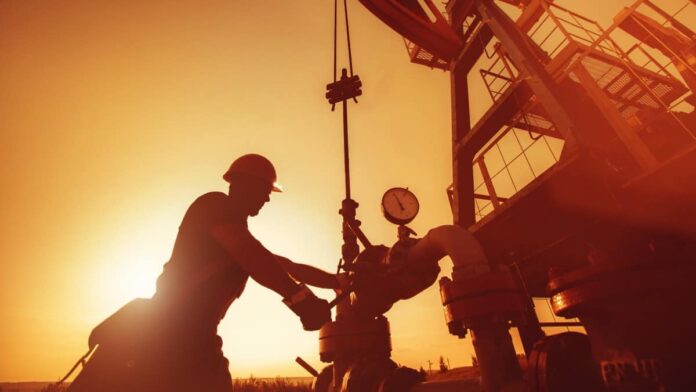
The parameters of managing the project involve making sure that enough funding is allocated, contracting complicated or special jobs to subcontractors, and designing workflow and progress reports for the duration of the project. The workforce needs to be perfectly measured to give optimal work output while maintaining a good workload distribution.
Project Tracking
Oftentimes projects drag on longer than expected, and it slows down productivity while creating extra financial burdens. When an oilfield construction project is properly tracked, every stage is completed in the allocated time frame. Also, the quality of oil extraction equipment is checked to avoid ineffectiveness.
Safety
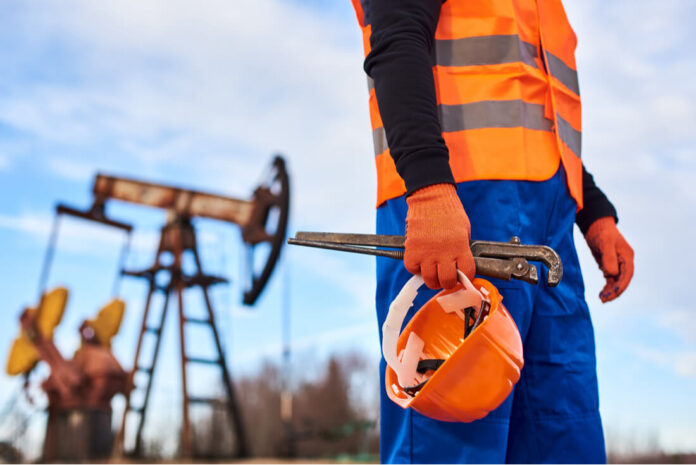
Safety in the oilfield is one of the most important areas of the job. Accidents can happen at any point; however, accidents that occur due to personnel negligence can be avoided or at the least prevented as best as possible. Functionality, maintenance, and replacement of machinery should be taken seriously. Enforcing work safety practices, as well as imposing mandatory use of protective gear and safety equipment must not be taken for granted.
Oilfield Maintenance
A crucial component of running an oil or gas well is proper maintenance and servicing. After drilling, servicing includes all the activities carried out for the remainder of the well’s life. Consequently, it is crucial to continue with these maintenance schedules. Regular maintenance can stop issues before they cause significant disruptions.
Well servicing can be optimized in several ways.
Perform Regular Inspections
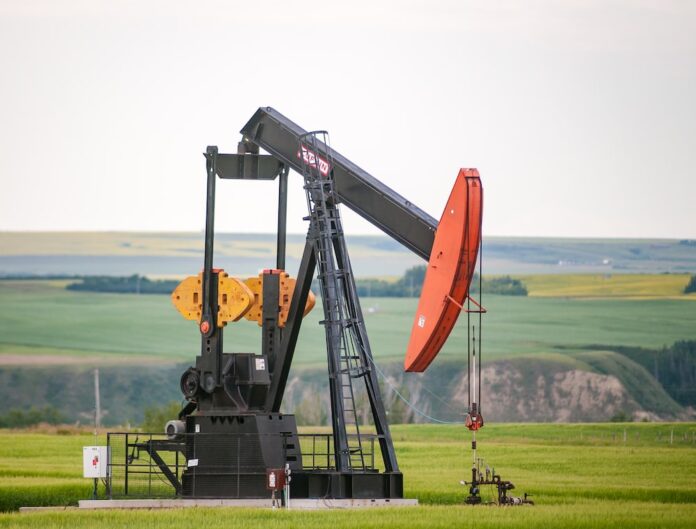
The efforts of the service crew can also be optimized with frequent inspections. This will help detect potential issues before they become a problem.
Equipment Maintenance
The secret to increasing equipment life and ultimately saving you time and money is routine equipment maintenance. Contrary to popular belief, preventative maintenance is often more cost-effective. Effective maintenance plans not only boost output rates overall but also reduce downtime and boost oilfield profitability.
Maintain Records
The service history of the oil well will help the service personnel perform their duties more effectively. Keep track of changes made to the well that affected output levels and what those changes were.
Providing Operators and Technicians with Training
The most effective resource in any industry is a human being. Technology is useless if no one is around to oversee or test it. To diagnose and resolve issues with your equipment, you will need qualified operators and trained technicians.
From the smallest businesses to the fortune 500 companies, one thing is constant; with consistent delivery of good services comes higher revenue and a stronger foothold in whatever sector that company is in. Maintaining good oil production, developing products, and expansion of reach are ways to grow and maintain a productive oilfield.
